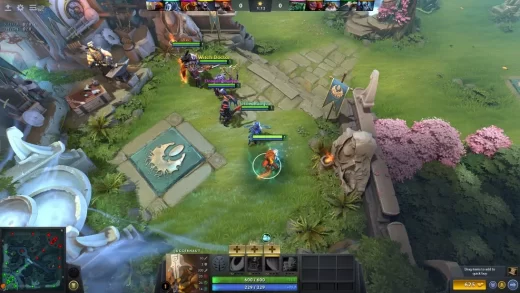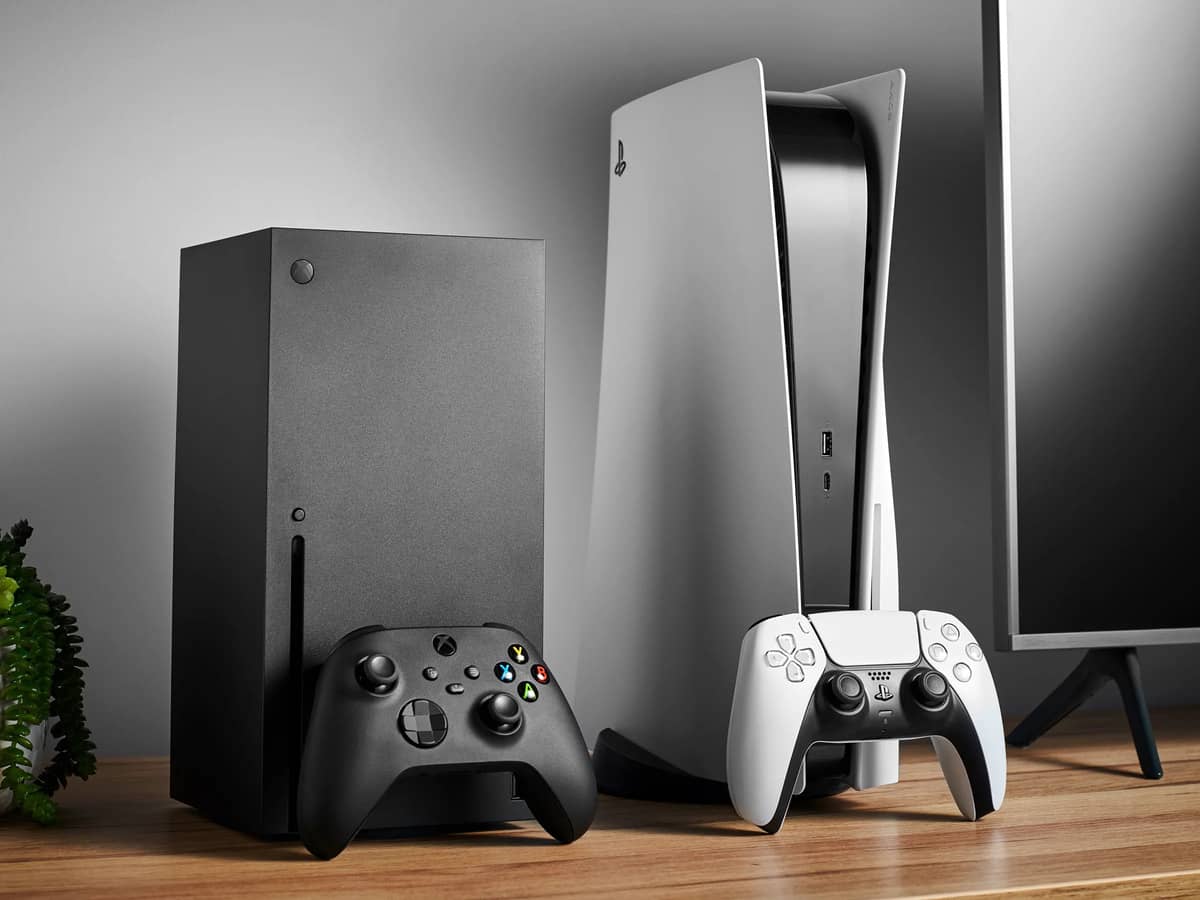In the fast-paced world of gaming, choosing the right gaming console can be a daunting task. With a plethora of options available, each offering unique features and gaming experiences, making the right choice can greatly enhance your gaming adventures. Whether you’re a seasoned gamer or a beginner, this guide will walk you through the essential factors to consider when selecting the perfect gaming console tailored to your preferences.
Table of Contents
- Introduction
- Understanding Your Gaming Preferences
- 2.1 What Types of Games Do You Enjoy?
- 2.2 Solo or Multiplayer Gaming?
- Budget Considerations
- 3.1 Upfront Costs
- 3.2 Game Library Costs
- Performance and Graphics
- 4.1 Console Hardware Specifications
- 4.2 Resolution and Frame Rate
- Exclusive Games
- Online Services and Community
- 6.1 Xbox Live vs. PlayStation Network
- 6.2 Nintendo Switch Online
- Controller Comfort and Design
- Compatibility and Backward Compatibility
- Accessories and Upgrades
- Size and Portability
- Reviews and Recommendations
- Environmental Impact
- Customer Support and Warranty
- Future-Proofing
- Conclusion
1. Introduction
Selecting a gaming console is akin to choosing a loyal companion on your gaming journey. To make an informed decision, let’s dive into the key factors that will help you find the perfect match.
2. Understanding Your Gaming Preferences
2.1 What Types of Games Do You Enjoy?
Consider the genres of games that pique your interest. Are you into action-packed shooters, immersive role-playing adventures, or family-friendly titles? Different consoles excel in various game categories.
2.2 Solo or Multiplayer Gaming?
Are you a lone wolf or a team player? Some consoles are renowned for their multiplayer experiences, while others cater to those who prefer solo adventures.
3. Budget Considerations
3.1 Upfront Costs
Evaluate your budget. Gaming consoles vary in price, so it’s crucial to factor in not just the initial cost of the console but also additional expenses like games, online subscriptions, and accessories.
3.2 Game Library Costs
Consider the cost of games for each platform. Some consoles offer a wide range of free or subscription-based games, while others rely more on full-priced titles.
4. Performance and Graphics
4.1 Console Hardware Specifications
Delve into the technical specifications of the consoles. Look at factors like CPU, GPU, and RAM to ensure your chosen console can handle the games you want to play.
4.2 Resolution and Frame Rate
If you’re a stickler for high-quality graphics, investigate a console’s capacity for delivering 4K resolution and smooth frame rates.
5. Exclusive Games
Some gaming consoles have exclusive titles that you won’t find anywhere else. If a particular game series or franchise is close to your heart, this might sway your decision.
6. Online Services and Community
6.1 Xbox Live vs. PlayStation Network
Consider the online services offered by each console. Xbox Live and PlayStation Network provide unique features and communities for online gaming.
6.2 Nintendo Switch Online
Nintendo Switch Online offers a different online experience, with access to classic NES and SNES games.
7. Controller Comfort and Design
Since you’ll spend hours with your controller in hand, ergonomics and design matter. Test the comfort of the controller for your hand size and preferences.
8. Compatibility and Backward Compatibility
Check if the console is compatible with older games and accessories. Backward compatibility can save you money in the long run.
9. Accessories and Upgrades
Investigate the availability of accessories and upgrades. A wide range of controllers, headsets, and storage options can enhance your gaming experience.
10. Size and Portability
Consider the physical size of the console, especially if you have limited space. The Nintendo Switch, for example, offers portability with its handheld mode.
11. Reviews and Recommendations
Read reviews and seek recommendations from fellow gamers. Real-world experiences can offer valuable insights.
12. Environmental Impact
For eco-conscious gamers, some consoles are more energy-efficient and environmentally friendly than others.
13. Customer Support and Warranty
Evaluate the quality of customer support and the warranty offered by the manufacturer. This can be crucial in case of technical issues.
14. Future-Proofing
Think about the future. Some consoles may have longer lifespans and better support for upcoming game releases.
15. Conclusion
Choosing the right gaming console is a highly personal decision. Consider your gaming preferences, budget, performance expectations, and the unique features each console offers. By doing so, you’ll embark on a gaming journey tailored just for you.
5 Unique FAQs
- Q: Can I play my old games on a new console?
A: It depends on the console’s backward compatibility. Check the manufacturer’s website for compatibility details. - Q: What online services offer free games each month?
A: Both Xbox Live and PlayStation Plus offer monthly free game downloads with their subscription services. - Q: Which console is best for family gaming nights?
A: The Nintendo Switch is known for its family-friendly games and versatile gameplay options. - Q: Do all consoles require a subscription for online play?
A: No, but most do. Xbox Live, PlayStation Network, and Nintendo Switch Online are the primary subscription services for online gaming. - Q: How often do new consoles come out?
A: Console release cycles vary, but expect major releases every 5-7 years on average.












